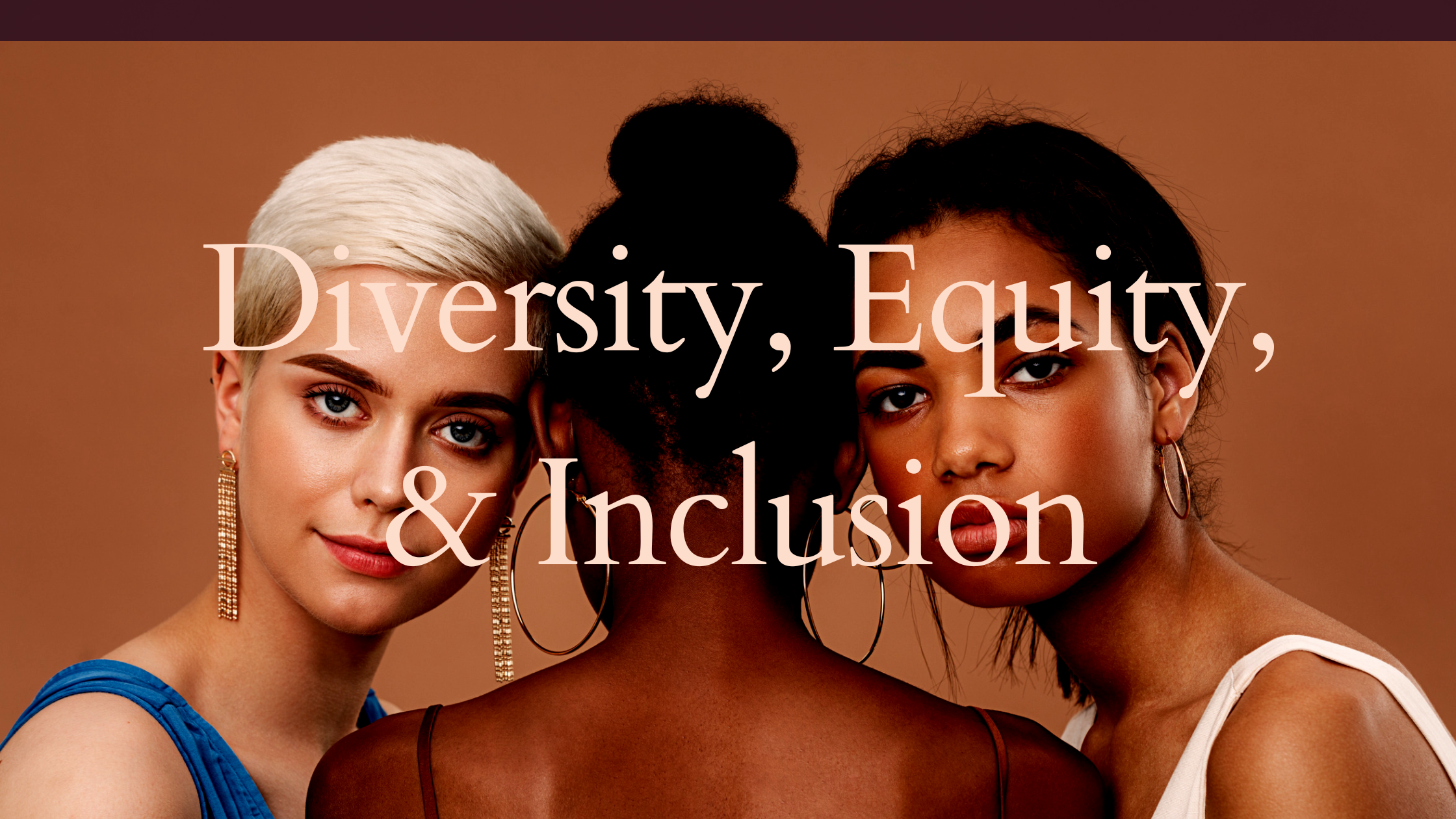|
Diversity, Equity, and Inclusion (DEI) and Psychology I would like to ask you to sit and think for a moment. When you reflect on who you are, which parts of your identity are salient? How has culture shaped you? How do you think and feel about your race, your language, your food, etc.? And how does your culture, feelings, and thoughts affect your practices, your routines, and your actions? As psychologists and psychologists-in-training, we are trained and required to be aware of both the impact of our culture on us and the culture of others. This awareness has implications for our biases, our conceptualizations, and our interactions with our clients. We are tasked with not only being aware of culture but also being culturally competent and humble, which includes an active and ongoing process of reflection. Outside of psychology, this practice of considering and recognizing culture has been found within many organizations under the term “DEI.” However, within the last year, several states have either introduced or passed anti-DEI bills. But what does this mean? And why is this important in the field of counseling psychology? What is DEI?
How Does This Relate to Counseling Psychology? DEI is important in psychology, as it:
Florida’s ban of DEI programs at the state’s universities provides some insight into what this may mean, not just for these universities, but for the field of psychology specifically. CBS News Miami detail that these new bans “forbids instruction of theories that ‘systemic racism, sexism, oppression, and privilege are inherent in the institutions of the United States and were created to maintain social, political, and economic inequities.” Similar to many other fields, psychology has historically been deeply rooted in whiteness. However, what happens when a state bans a course that is deemed a requirement by the accrediting body? Is it possible for a program to not abide by these requirements? How do the programs survive and produce professionals that are adequately trained? And how will the American Psychological Association continue to promote diversity following these bans and after issuing an apology a few years ago for the harm they have caused people of color? Not only may these decisions impact the curriculum, but they contribute to the environment of an institution, which affects the safety of faculty, staff, and students with marginalized identities. It is essential to emphasize that these actions can produce a hostile environment and imply that DEI initiatives do not matter—that a person’s identity does not matter. What Can We Do?
Conclusion Psychologists are helpers and healers, serving others in time of need. As outlined, this is a time for continued service. The privilege that we possess can and should be used to give light and power to others.
Brittany Hinkle, Ph.D. (she/her) is a recent graduate of Howard University’s Counseling Psychology program. She is currently a Postdoctoral Fellow at Tulane University School of Medicine in New Orleans, LA where she specializes in infant mental health. Her research interests include investigating the functioning of African American children, adolescents, couples, and families regarding communication, parenting, parent-child relationships, and diverse family structures. Her clinical interests include childhood trauma and perinatal issues. |


